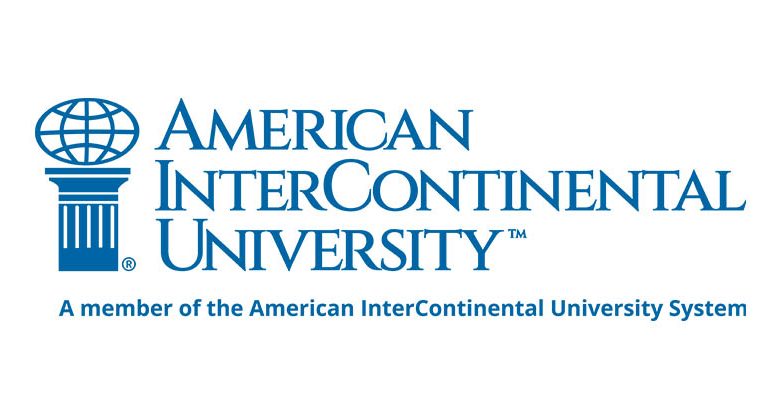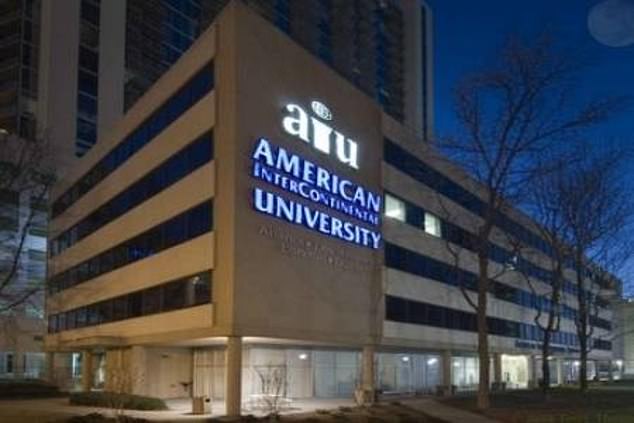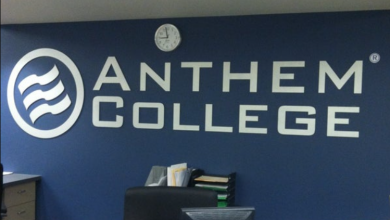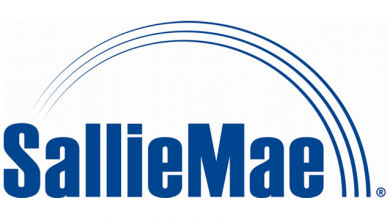American Intercontinental University (AIU) Lawsuit & Forgiveness

The American Intercontinental University (AIU) is currently facing a lawsuit that alleges the school has been issuing degrees to students who have not met the necessary academic requirements.
Two former AIU employees filed a lawsuit claiming that the school has been awarding degrees to students who have not completed the required coursework. The plaintiffs also allege that AIU has misrepresented the quality of its programs and misled students about their chances of securing employment after graduation.
AIU has issued a statement denying the allegations made in the lawsuit. The school insists that it has always complied with state and federal regulations regarding degree attainment.
The lawsuit is currently pending review by a judge, but the lawsuit claims that many examples of AIU’s “deceptive practices” can be found in transcripts provided by former students.
The lawsuit against AIU was filed last year and accused the school of engaging in unfair business practices. The case was filed on behalf of two former employees who claim they were wrongfully terminated after voicing their concerns about AIU’s practices.
The plaintiffs claim that the school has misrepresented its academic programs to boost enrollment numbers and increase profits. They also allege that AIU has been awarding degrees to students who have not completed the required coursework to secure federal financial aid dollars.

An additional allegation made by the former employees is that AIU has been misleading potential students about their job prospects after graduation. The plaintiffs claim that the school has been telling current and prospective students that a degree from AIU would increase their chances of earning high salaries and gaining employment in their desired fields.
According to court documents, one plaintiff estimated that up to 75% of AIU graduates cannot find jobs related to their field of study.
The former employees also allege that the school’s “90-10” rule gives them an incentive to enroll students who have little chance of graduating to continue receiving federal financial aid dollars. The 90-10 rule is a provision of the Higher Education Act, and it prohibits for-profit schools from obtaining more than 90% of their revenue from federal student aid.
AIU has denied all of the allegations made in the lawsuit. The school issued a statement saying, “The claims made by the plaintiffs are baseless and without merit. We have always complied with state and federal regulations regarding degree attainment.”
How this lawsuit helps the student loan debt crisis?
The lawsuit against AIU may help to shed light on the issue of student loan debt. The allegations made in the case suggest that for-profit schools misrepresent their programs and mislead students about their chances of finding employment after graduation. This could lead to more regulation of for-profit schools, which could help to protect students from being misled or scammed.
The lawsuit against AIU is just one example of the many problems that students face regarding student loan debt. The high cost of tuition and the lack of available jobs make it difficult for students to pay back their loans. The allegations made in the lawsuit against AIU only add to the problem.
If you are struggling with student loan debt, contact a bankruptcy attorney to learn more about how a bankruptcy filing could help. Student loans are difficult to eliminate in Chapter 7 or Chapter 13 filing, but they may still be an option that can help you get back on track.
About Borrower’s Defence Discharge Program
If you took out a private student loan to finance your education and now find yourself struggling to repay that debt, the Borrower’s Defence Discharge Program could help you wipe out your personal student loans. Under this program, qualifying students can apply for a discharge of their federal loans after meeting specific criteria.
Private Student Loan Debt – Dischargeable?
The Borrower’s Defence Discharge Program was designed to help students who have been defrauded by their school or those who have taken out loans that they will never be able to repay. To qualify for a discharge, you must show that your school misled you about the nature of your program, the cost of attendance, or your ability to find a job after graduation. Additionally, you must demonstrate that you could not repay your loans because of a permanent disability or because your school closed while you were still enrolled.
The Borrower’s Defence Discharge Program is not available to everyone. You must meet specific eligibility criteria to apply, and even if you qualify, your application may be denied. In addition, if your application is approved, you will be required to complete a rehabilitation program to have your loans forgiven.







